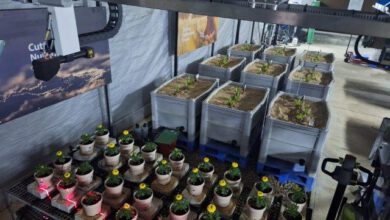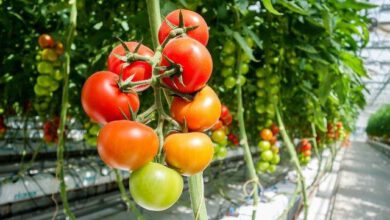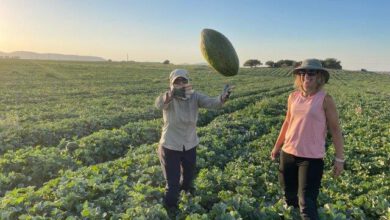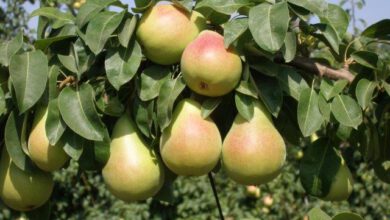Netafim Goals and Meeting Global Challenges
In 2013 Sustainability Report, Netafim states its goals Goals for Fighting Water, Land and Food Scarcity
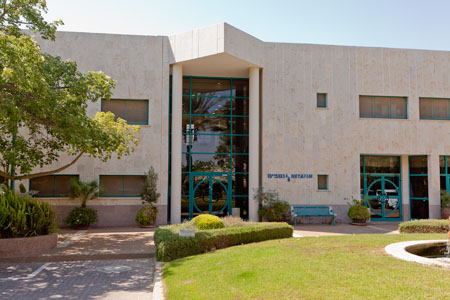
Netafim, the global leader in irrigation, revealed that it focuses its sustainability efforts on fighting water, food, and land scarcity worldwide. In the Netafim 2013 Sustainability Report, the company announced its sustainability strategy and goals. By leveraging drip – a field-proven technology that enhances crop yields, while using the same amount of arable land and less water, Netafim is ideally positioned to advance climate-smart agriculture, and to tackle today’s most critical global challenges.
Sustainability challenges and water conservation have always been at the core of Netafim’s business, since its establishment 50 years ago. One of the few world-leading companies operating at the food-water-land nexus, Netafim was recognized for its contribution to sustainable water management in being named Stockholm Industry Water Award (SIWA) Laureate in 2013. The SIWA Selection Committee said in granting the prestigious award “Netafim’s remarkable achievements, helping farmers across the world to ‘grow more with less,’ are directly contributing to a more water- and food-secure world”.
The 2013 report written in accordance with the Global Reporting Initiative (GRI) that lays out Netafim’s currents goals and sustainability strategy through 2020. Calling sustainability the key to its future, the Company is committed to increasing awareness of and access to drip, and to conducting business ethically, responsibly and transparently. In the report, Netafim indicates that promoting mass adoption of drip, particularly among smallholders – the millions of small-scale farmers who grow much of the world’s food – is a key to achieving its goals.
The report summarizes several case studies involving drip irrigation of commodity crops. In one example, Netafim’s drip system increased a Mexican corn farmer’s yields by 27%, while lowering water consumption by 66% compared to flood irrigation. In another example, the Company donated its dedicated smallholder solution, Family Drip System™ (FDS™), to an international agricultural development project in Kenya aimed at alleviating hunger and poverty in a particularly arid region. Enabling drip irrigation in areas with limited water resources, the gravity-based FDS helped participating farmers improve their livelihood.
Netafim also mentions in the report its joint R&D efforts with governments, universities and institutions worldwide to adapt current drip systems for growing rice. Marking the significance of this potential breakthrough, Netafim organized the first International Research Conference on Drip Fertigation in Rice in India in 2013.
“Netafim can make a difference not only as a technology provider, but also as a promoter of more sustainable practices,” said Carlo Galli, Technical and Strategy Advisor for Water Resources at Nestlé. “Investments for adopting drip irrigation technologies for ‘high’ as well as ‘low’ value crops are very important. Netafim is positioned to offer turnkey-like solutions that provide farmers with real opportunities and the confidence that they can do better.”
Netafim CEO Ran Maidan said “Operating at the nexus of food, water and land, drip is one of the few solutions that can address our most critical global sustainability challenges”. “As the pioneer and leader in drip, we have already successfully advanced a number of our sustainability goals. By further focusing our efforts in this direction, we are confident of accomplishing much more in order to help the world become a better, more sustainable place.”

